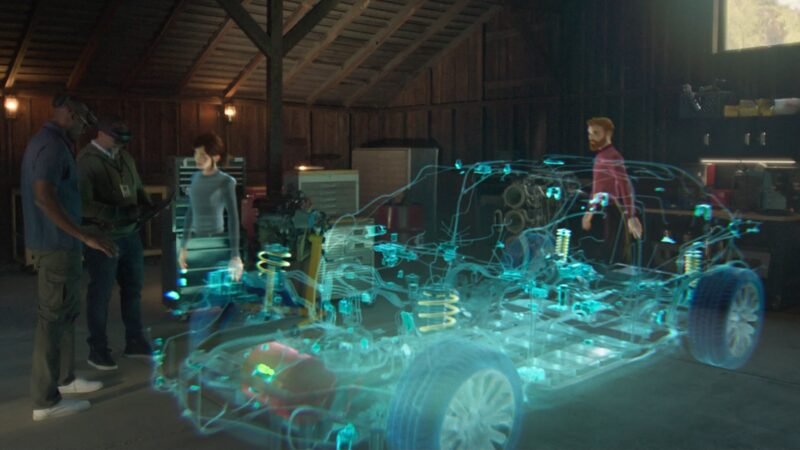Why More and More Cities Are Entering the Metaverse

Building replicas in the metaverse opens up a whole new world for cities. What are the new opportunities we can expect from the rise of Web3?
Seoul Enters the Metaverse
Seoul has announced the opening of its own metaverse. Starting in 2023, residents of the South Korean capital will be able to access public services via a digital platform, whereas until now those services were only available at the physical city hall. This should increase accessibility when there are barriers such as distance, time, language or even disabilities.

A thorough plan for the coming years, as part of the Seoul Vision 2030, aims to make Seoul a smart and inclusive city thanks to the latest Web 3 technologies, including the metaverse. The city is investing in all kinds of virtual infrastructure, such as replicas of the Seoul FinTech Lab and a university campus. It also wants to open famous tourist attractions of the city in the metaverse, which would also contribute to the city’s global reputation.
The Rise of Urban Digital Twins
Seoul is not alone in this. Several cities have reported investing in the metaverse. Urban digital twins are likely to revolutionise the way city planning and urban planning in general are practised around the world. Creating a virtual replica of a city can help in many ways. It can be used to run simulations of new policies or infrastructure projects, which can save money and time and look at the potential impact. This can work to model strategies for traffic congestion. 3D models and virtual tours can also help inform potential investors for large-scale projects.
One company leading the way for urban digital twins is CityZenith. In its Clean Cities Clean Future campaign, the company is applying digital twin technology in more than 10 cities around the world to work towards more sustainable building practices.
Overall, these new technologies are far from showing their full potential, and many more opportunities and challenges could emerge in the near future. This will change our urban planning practices, but also our perception of public space, as many typical urban experiences may increasingly take place in the metaverse rather than in the physical world.


